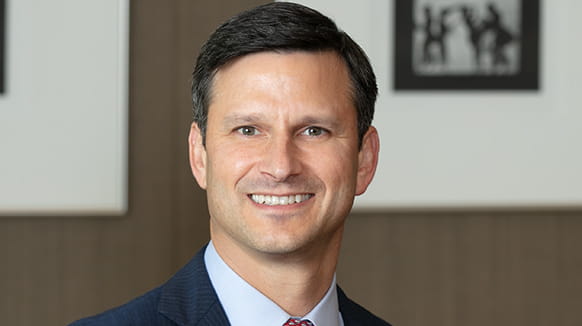Background
The case stemmed from a suit brought by Unicolors, a fabric and design service out of Los Angeles, against H&M, a multinational clothing retailer, for copyright infringement over H&M’s use of a copyrighted design on a jacket in 2016. A California court found that H&M infringed the design and awarded Unicolors over $750,000 in damages and attorney fees. But the Ninth Circuit overturned the award in 2020 after invalidating Unicolors’ copyright registration because it contained known inaccuracies. Unicolors used a single application to register 31 textile works marketed and sold separately when a single-unit registration requires that all works in the application be published in a singular, bundled collection. Although the registration may have been improperly obtained, the errors did not relate to Unicolors’ ownership of the designs or the designs’ copyrightability. The Supreme Court vacated the Ninth Circuit’s decision and remanded the case for further proceedings.
Analysis
The Court explained that “knowledge” has the same meaning whether it applies to knowledge of facts or law. The text of § 411(b) and its surrounding provisions confirm that “knowledge” means actual, subjective awareness of both facts and law. “Nothing in the statutory language suggests that Congress wanted to forgive applicants—many of whom lack legal training—for factual but not (often esoteric) legal mistakes,” Justice Breyer wrote.
The statute’s legislative history also supported this conclusion, according to the Court. Congress intended § 411(b) to make it easier, not more difficult, for nonlawyers to obtain valid copyright registrations by “eliminating loopholes that might prevent enforcement of otherwise validly registered copyrights.”
The Court rejected H&M’s arguments that copyright holders would be too easily able to claim lack of knowledge to avoid the consequences of an inaccurate application. Circumstantial evidence of willful blindness can support a finding of actual knowledge, the Court held. It also wrote that the legal maxim “ignorance of the law is no excuse” does not apply to a civil case such as copyright infringement.
In a dissenting opinion joined by Justices Samuel Alito and Neil Gorsuch, Justice Clarence Thomas wrote that the Court should have dismissed the case as improvidently granted because Unicolors relied on a different argument in its briefing than it did in asking the Court to review the case.
Excerpted from the ABA’s Landslide magazine. To read the full article, click here.

